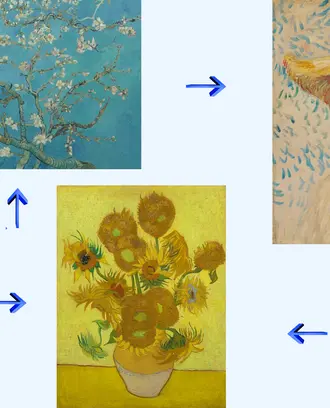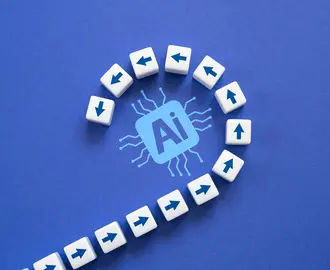Research
How ‘credibility-enhancing displays’ can boost sales and drive people to action
Trying to sign someone up for a novel idea or practice? You’ll get a lot further if your spokespeople and advocates have already walked the walk.
The power of norms in goading people to action is well-known: If you don’t vote but learn that your peers do, you’re more likely to follow suit; if you receive mail showing that your neighbors use far less energy than you do, you’re likely to cut back.
“But this only works to encourage behaviors for which there is some baseline pressure,” said David Rand, an associate professor of management science and brain and cognitive sciences at MIT Sloan. “If no one is doing it, and no one thinks it should be done, then social pressure won’t work.” This poses an important challenge when thinking about social innovations with potential for widespread benefit: If the innovation exists on the margins, then social pressure won’t encourage greater uptake. So what will?
Rand and Gordon Kraft-Todd, a doctoral candidate at Yale University, had a hunch rooted in the anthropological theory of “credibility-enhancing displays.” This theory, which originated in the study of religious practices, argues that beliefs are spread more effectively by actions than by words because actions reveal information about the actor’s true beliefs. If you didn’t truly believe in something, then you wouldn’t take the costly step of acting on it. Might, Rand and Kraft-Todd wondered, one person’s explicit actions be a strong motivator in compelling other people to take that same action, even if it’s somewhat unusual?
To test this, they and three colleagues looked into the installation of solar panels, a distinctly “non-normative” good: Only 0.4 percent of American households had solar panels in 2014. (The work was recently published as a research letter in “Nature.”) They analyzed data from a series of campaigns in Connecticut from 2012 to 2015 that were designed to boost the residential adoption of solar. These campaigns hinged on the assistance of local volunteers, known as “solar ambassadors,” who canvassed their towns with encouragement and hosted events about solar. These ambassadors were originally recruited based on the potential power of their social networks, and so only one-third of the ambassadors had actually installed solar panels themselves. Using this information, Rand and his colleagues were able to compare the persuasiveness of ambassadors who had installed their own solar panels against those who had not.
They found that residents were far more likely to purchase solar in towns where the solar ambassadors had already installed it on their houses. Actions did, indeed, speak louder than words. They bolstered this finding with a series of three online experiments that reached the same conclusions while also exploring why, exactly, this is the case. They found close alignment with the theory of credibility-enhancing displays: Of paramount importance in taking non-normative action is what people believe about the beliefs of others. Ambassadors who installed solar themselves were more successful specifically because people believed that those ambassadors truly believed in solar’s benefits.
“This is true of solar panels, but it’s true of any campaign where the common denominator is some new or rare behavior,” Todd-Kraft said. This is a key takeaway for any kind of advocate or organizer. “If practitioners organize a campaign around a novel technology or practice, then the first thing they should do is get spokespeople and advocates who themselves are adopters,” he said.
For Rand, this study is the first, narrow window into a much larger investigation about diffusing important and underused ideas or innovations. With the other researchers, Rand has started looking into a wide range of other non-normative behaviors, and the outcome has remained the same. “We have a bunch of other data that isn’t yet published,” he said. “But it shows the effect extends far beyond solar panels and seems to apply quite generally.”




